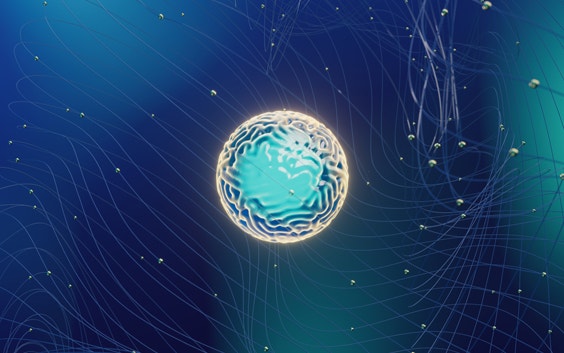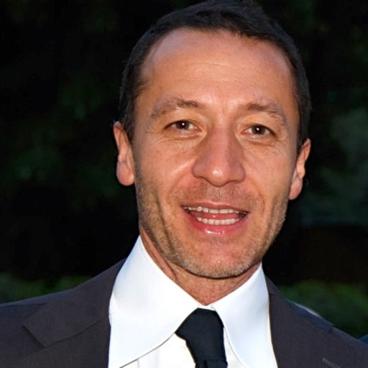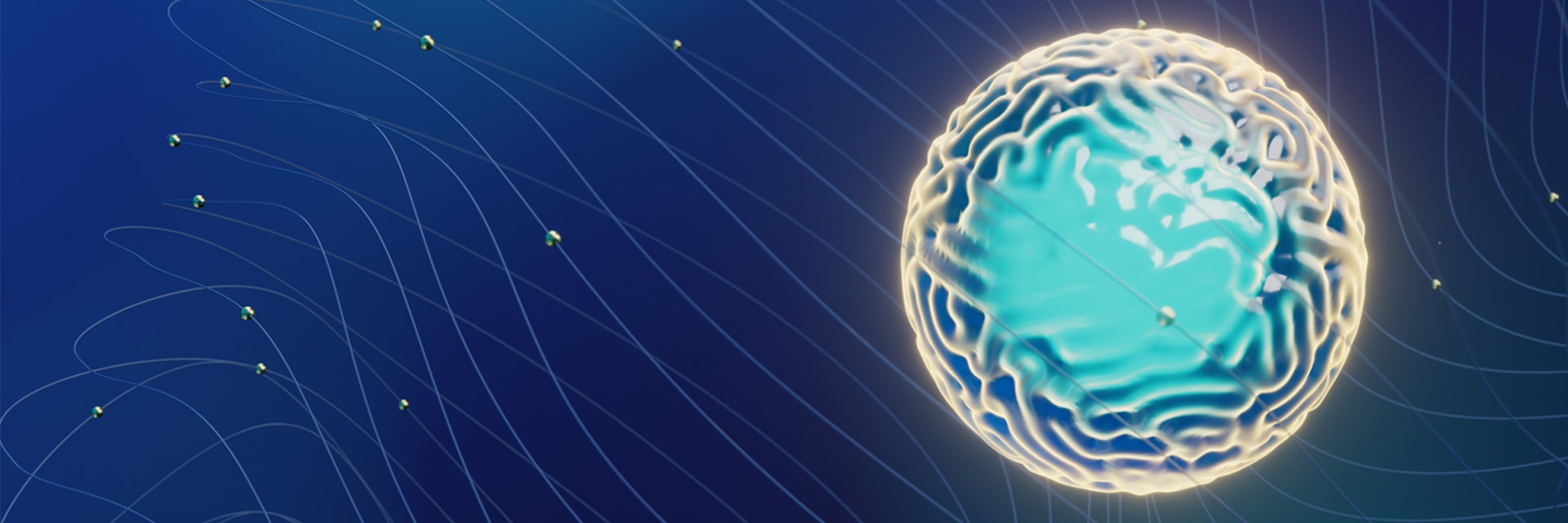
INTERVIEW
Mimics Innovation Awards Winners 2020: Alessandro Tel and Massimo Robiony
Endoscopically assisted computer-guided repair of internal orbital floor fractures: an updated protocol for minimally invasive management
What was the dream?
To make orbital floor reconstruction more accurate and safer using virtual simulation
What was the challenge?
When the orbital floor, a bone that makes up part of the bottom of the eye socket, is fractured, the traditional treatment is to perform a surgery through the lower eyelid or transconjunctival incision. These approaches do not allow to scope the orbital floor fracture under direct vision especially in the deepest parts. Endoscopic treatments provide a valuable solution but have their own challenge when determining the correct size of the autogenous bone graft, which is crucial for stable support. The reconstruction achieved using the maxillary-antral wall allows for a highly accurate anatomical restoration of the orbital floor and computer-guided surgery represents an essential prerequisite for this purpose.
What were the results?
There has been a breakthrough in using the transmaxillary endoscopic procedure and determining the graft correct size by Dr. Alessandro Tel and the team directed by Prof. Robiony from the Udine University in Italy. By combining endoscopy, virtual reality, and 3D printing, they developed a new, safe protocol for the treatment of internal orbital floor fractures. Their procedure allows for detailed visualization of the fracture rim, avoids external scars, and permits an easier reduction of the prolapsed orbital content into the overlying orbital cavity. They found that virtual planning plays an important role in defining the appropriate geometry of the bone graft and establishing the optimal reconstruction strategy.
Why this research won
Due to their innovative approach and use of Materialise Medical software, the researchers were able to develop a protocol to improve patient care. This paper won due to finding strong clinical evidence for the benefits of using virtual planning, leading the way for a new treatment paradigm for less invasive orbital floor trauma surgeries.
L-101830-01, L-101840-01, L-100733-01
Share on:

Biography
Dr. Alessandro Tel

Biography
Prof. Robiony
You might also like
Never miss a story like this. Get curated content delivered straight to your inbox.
